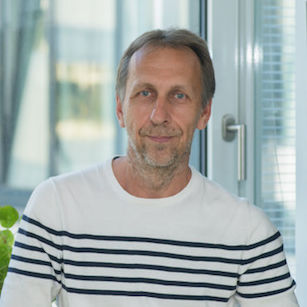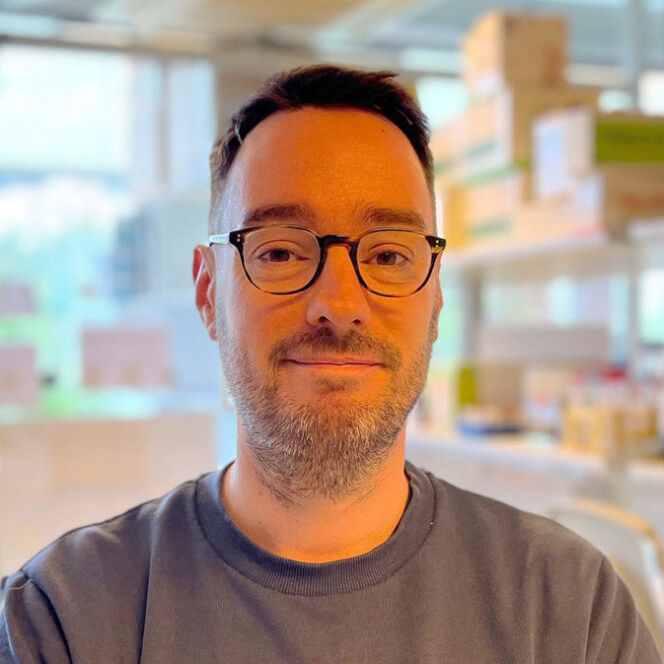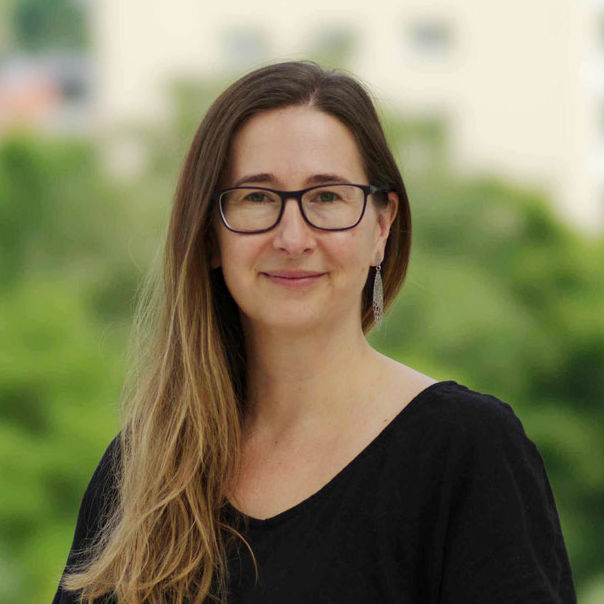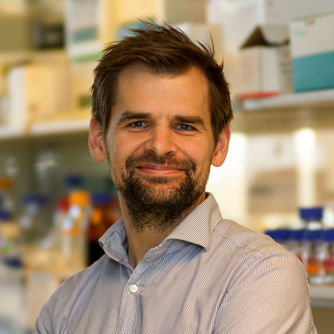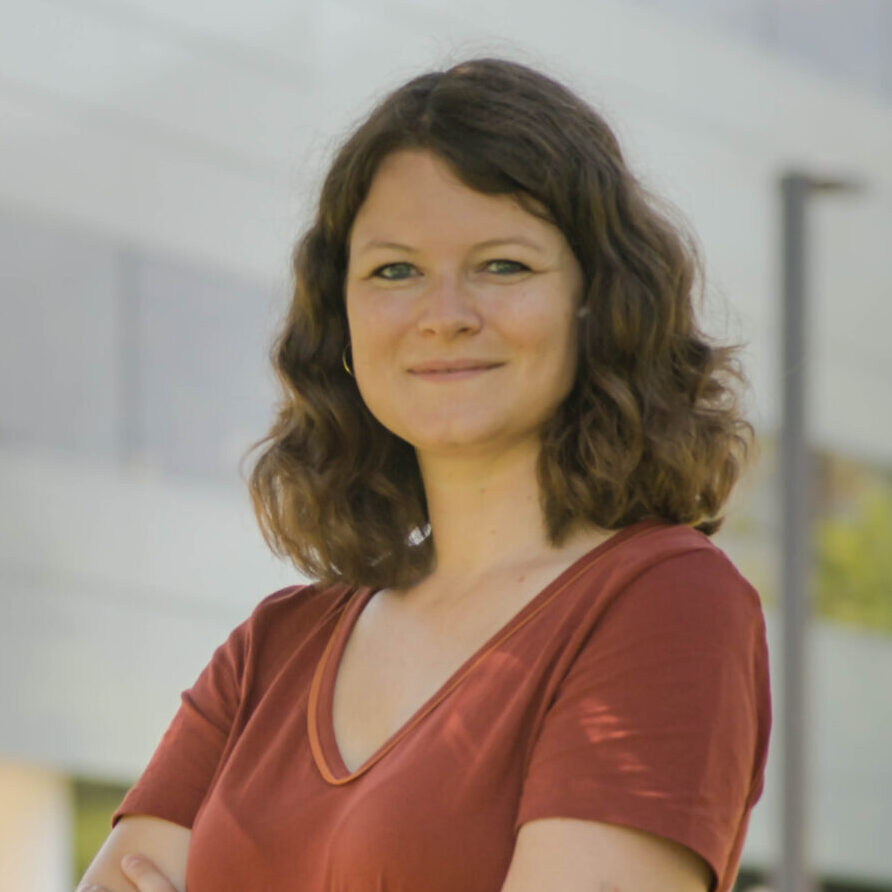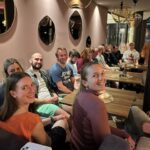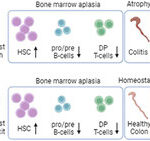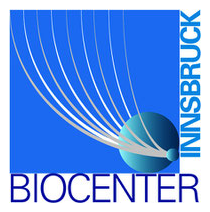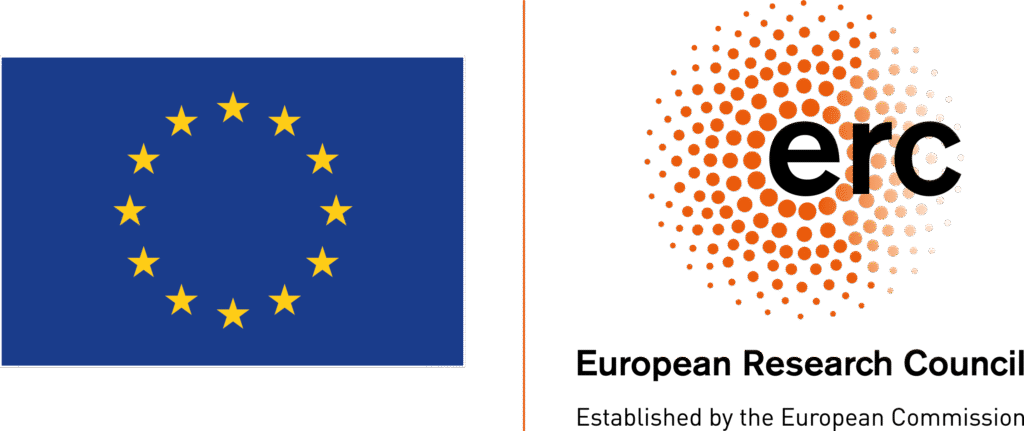Institute for Developmental Immunology
Welcome to the homepage of the Institute for Developmental Immunology (IDI) at the Biocenter of the Medical University of Innsbruck. The IDI is currently headed by Prof. Andreas Villunger, PhD, who was appointed as a head of this unit in 2007 as junior professor and is now full professor for Developmental Immunology at MUI.
The Institute is organized in five research groups, run by head Andreas Villunger and assistant/associate professors Jan Wiegers, Joel Riley, Verena Labi, Sebastian Herzog and group leader Valentina Sladky.
With their coworkers, IDI investigators explore basic mechanisms of immune cell development and differentiation with a focus on microRNAs and steroid hormones. In addition, we are interested in studying general principles of cellular transformation, focusing on the role of BCL2-regulated cell death and the p53 signalling network as barrier against malignant disease.
All group leaders are involved in training undergraduate as well as graduate students of different life-science disciplines, including biochemistry, biology as well as molecular and human medicine. If you are interested in research training opportunities at different levels (summer students, BSc, MSc, or MD/PhD), or have any teaching related questions, please contact the respective group leader.
News
- A new FWF ESPRIT grant for Valentina
 We are happy to announce that Valentina Sladky was awarded with one of the prestigious ESPRIT (Early-Stage Program: Research – Innovation – Training) grants by the FWF. In the next three years, she will investigate how polyploidization, the process in which a cell gains more… Read more: A new FWF ESPRIT grant for Valentina
We are happy to announce that Valentina Sladky was awarded with one of the prestigious ESPRIT (Early-Stage Program: Research – Innovation – Training) grants by the FWF. In the next three years, she will investigate how polyploidization, the process in which a cell gains more… Read more: A new FWF ESPRIT grant for Valentina - Annual Lab Retreat
 This year, we skipped the Alps and met with our team members from Vienna along the Danube in Maria Taferl at hotel Schachner for our annual lab retreat. Going totally green, we either travelled by train and some decided to go there by bicycle… Read more: Annual Lab Retreat
This year, we skipped the Alps and met with our team members from Vienna along the Danube in Maria Taferl at hotel Schachner for our annual lab retreat. Going totally green, we either travelled by train and some decided to go there by bicycle… Read more: Annual Lab Retreat - Consequences of Chronic spindle assembly checkpoint activation
 During her PhD, Gerlinde analyzed the consequences of chronic spindle assembley checkpoint activation in vivo and realued that differnt tissues are differently affected with fast proliferating cell types in the gastrointestinal tract of bone marrow, being most affected. Looking into causes and consequences upon MAD2 overexpression,… Read more: Consequences of Chronic spindle assembly checkpoint activation
During her PhD, Gerlinde analyzed the consequences of chronic spindle assembley checkpoint activation in vivo and realued that differnt tissues are differently affected with fast proliferating cell types in the gastrointestinal tract of bone marrow, being most affected. Looking into causes and consequences upon MAD2 overexpression,… Read more: Consequences of Chronic spindle assembly checkpoint activation - Extra centrosomes delay DNA damage-driven tumorigenesis
 Work initiated by a former post doc in our lab, Fabian Schuler, was brought to completion in a concerted effort by Vincent and Gerlinde, now published in Science Advances. In their work, they could show that extra centrosomes, frequently seen in human cancer can… Read more: Extra centrosomes delay DNA damage-driven tumorigenesis
Work initiated by a former post doc in our lab, Fabian Schuler, was brought to completion in a concerted effort by Vincent and Gerlinde, now published in Science Advances. In their work, they could show that extra centrosomes, frequently seen in human cancer can… Read more: Extra centrosomes delay DNA damage-driven tumorigenesis - Centrioles are frequently amplified in early B cell development but dispensable for humoral immunity
 We are happy to report that Marina´s PhD work on the dynamic regulation of centriole numbers in developing B cells has now been published. Using different genetic models she noted that early progenitor B cells accumulate centrosomes that are then cleared and no longer detectable… Read more: Centrioles are frequently amplified in early B cell development but dispensable for humoral immunity
We are happy to report that Marina´s PhD work on the dynamic regulation of centriole numbers in developing B cells has now been published. Using different genetic models she noted that early progenitor B cells accumulate centrosomes that are then cleared and no longer detectable… Read more: Centrioles are frequently amplified in early B cell development but dispensable for humoral immunity
